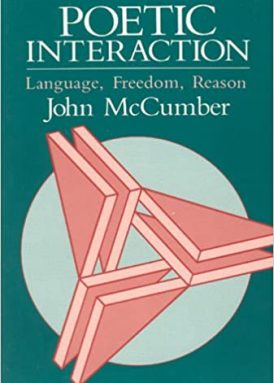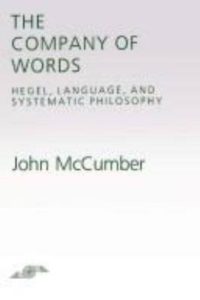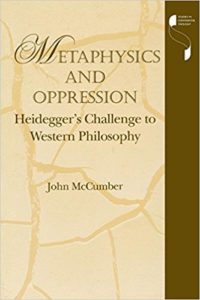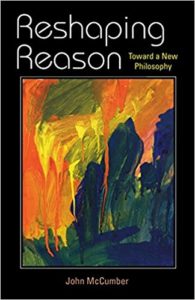
John McCumber
Distinguished Professor
Office Hours: Sabbatical in residence
Fields of interest: 19th and 20th-century German PhilosophyJohn McCumber is a Distinguished Professor and Chair of the UCLA Department of Germanic Languages. He received his Ph.D. in Philosophy and Greek from the University of Toronto. Prior to his tenure at UCLA, Prof. McCumber taught at Northwestern University, The Graduate Faculty of the New School for Social Research, and the University of Michigan–Dearborn.
Professor McCumber has authored six books, including Poetic Interaction: Language, Freedom Reason (Chicago, 1989); The Company of Words: Hegel, Language, and Systematic Philosophy (Northwestern, 1993) Metaphysics and Oppression: Heidegger’s Challenge to Western Philosophy (Indiana, 1999, winner of a Choice book award); Time in the Ditch: American Philosophy and the McCarthy Era (Northwestern, 2000); and Reshaping Reason: Toward a New Philosophy (Indiana, 2005; also winner of a Choice book award). Prof. McCumber has also written over 70 articles and reviews. In 1994-96 he held the Koldyke Distinguished Teaching Professorship at Northwestern University.
Education
- Ph.D. in Philosphy and Greek, University of Toronto
Research
The German philosophical tradition is among the most challenging and influential intellectual achievements in human history. In a burst of creativity unknown to philosophy since ancient Greece, thinkers from Kant through the first and second generation Frankfurt School have raised and explored the question of how to live responsibly in a world where, as Nietzsche put it, alles ist geworden–everything has come to be and there are no timeless absolutes.
In guiding students into this very difficult field, I am guided by three principles derived from my own reading of it:
- The most fundamental concern of the tradition after Kant is with language, which is explored under a variety of given names (history, divinity, society, etc.).
- The tradition operates by investigating the temporality of language, again giving it a variety of names: dialectics, will to power, Being and so forth.
- The German philosophical tradition is highly open to other traditions, both older and younger. With regard to what went before, this historical engagement mainly takes the form of a massive appropriation of Greek thought and a decisive encounter with British Empiricism. With regard to what comes after, the German tradition lays the basis for most of the insights of contemporary postmodernism.
Featured Works
Honors and Awards
• Choice Book Award 1999: Metaphysics and Oppression: Heidegger’s Challenge to Western Philosophy
• Choice Book Award 2005: Reshaping Reason: Toward a New Philosophy
- Download CV





